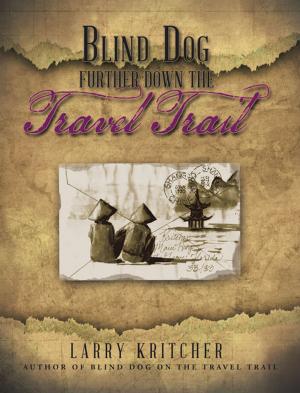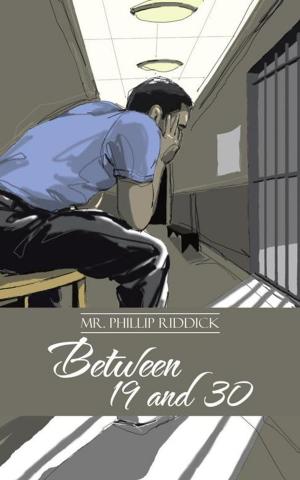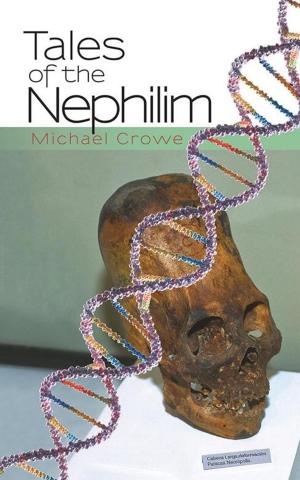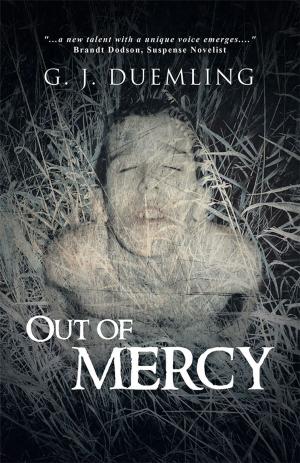| Author: | Arthur L. Lindsay | ISBN: | 9781450265355 |
| Publisher: | iUniverse | Publication: | October 29, 2010 |
| Imprint: | iUniverse | Language: | English |
| Author: | Arthur L. Lindsay |
| ISBN: | 9781450265355 |
| Publisher: | iUniverse |
| Publication: | October 29, 2010 |
| Imprint: | iUniverse |
| Language: | English |
BECAUSE IT WAS A TRAGEDY THAT CAME AT THE END OF WORLD WAR TWO, the infamous Black March conducted by the German regime against Prisoners of War has been largely ignored by history. Nonetheless, during 87 torturous days in the blizzard-like, frozen days of winter 1945, beginning from Stalag IV in western Poland, 8,000 American and British airmen were forced to march as much as 40 miles a day across nothern Germany. They were not supplied with proper clothing, sanitation, water or food. Night after weary night they slept on the frozen ground in open fields or crowded into ramshakle barns.
Those who died along the way were left behind on the side of the road never with the dignity of a burial.
Sergeant James B. Lindsay, of Kokomo, Indiana, was one of the survivors. Under the very noses of the German guards he maintained a daily diary of his experience.
More than that, his miraculous fall from the sky when his 9 other crewmates perished in a mid-air collision is breathtakingly exciting. Then, to have survived that tragedy only to be betrayed by Italian farmers and sold into the hands of the Germans was the start of his thousand-mile journey to incarceration in Poland.
BECAUSE IT WAS A TRAGEDY THAT CAME AT THE END OF WORLD WAR TWO, the infamous Black March conducted by the German regime against Prisoners of War has been largely ignored by history. Nonetheless, during 87 torturous days in the blizzard-like, frozen days of winter 1945, beginning from Stalag IV in western Poland, 8,000 American and British airmen were forced to march as much as 40 miles a day across nothern Germany. They were not supplied with proper clothing, sanitation, water or food. Night after weary night they slept on the frozen ground in open fields or crowded into ramshakle barns.
Those who died along the way were left behind on the side of the road never with the dignity of a burial.
Sergeant James B. Lindsay, of Kokomo, Indiana, was one of the survivors. Under the very noses of the German guards he maintained a daily diary of his experience.
More than that, his miraculous fall from the sky when his 9 other crewmates perished in a mid-air collision is breathtakingly exciting. Then, to have survived that tragedy only to be betrayed by Italian farmers and sold into the hands of the Germans was the start of his thousand-mile journey to incarceration in Poland.















